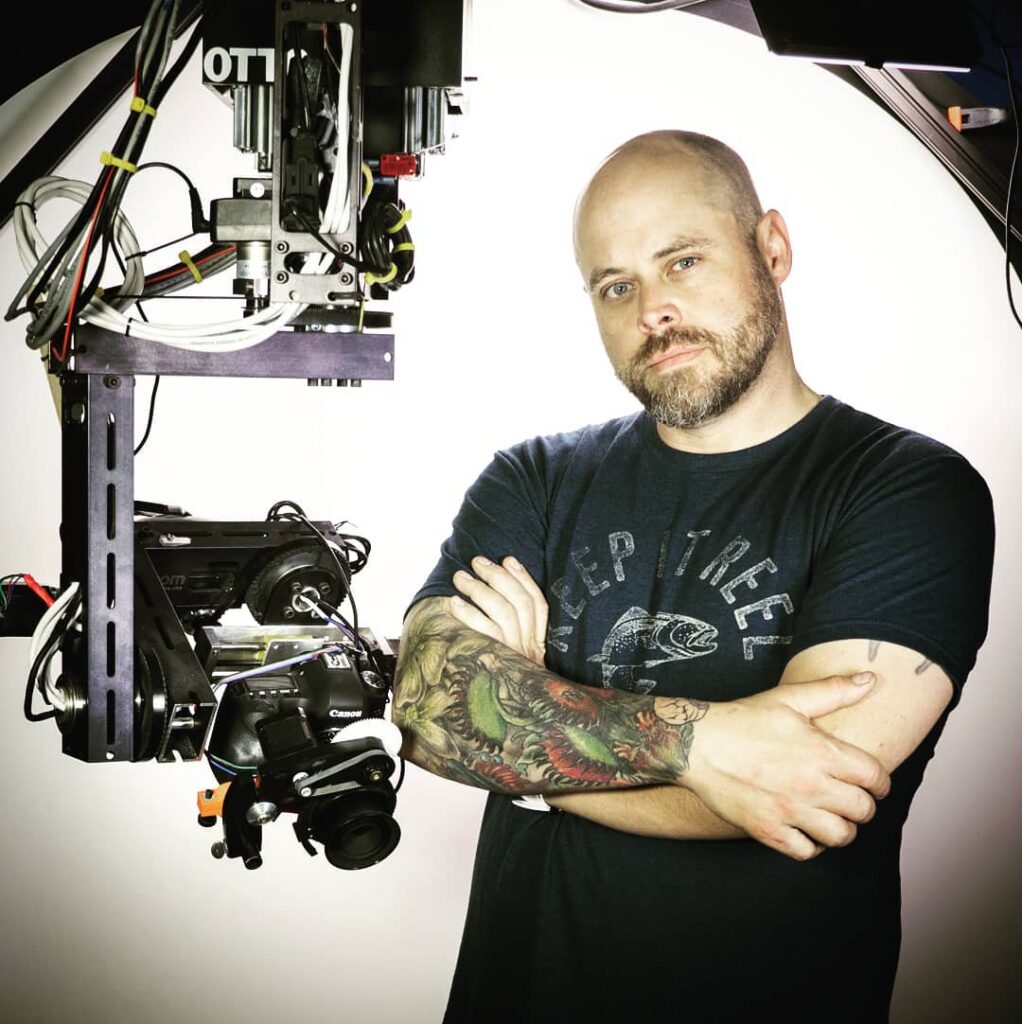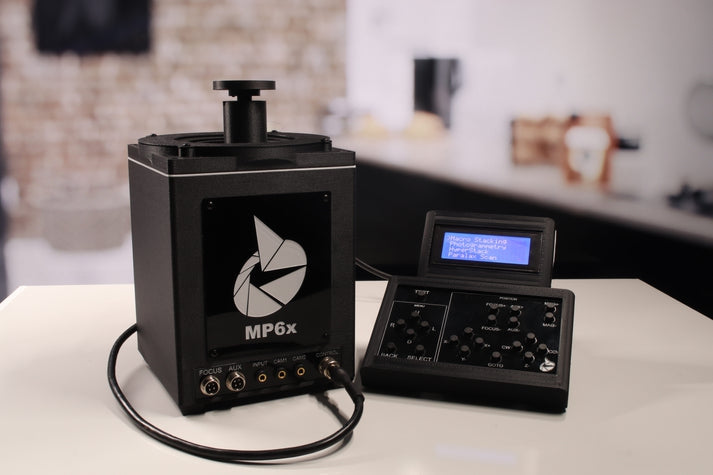Collection: About Us

Meet Chris Field
Chris Field is a distinguished veteran in the field of visual engineering, celebrated for his pioneering work in building robotic camera platforms and pushing the boundaries of filmmaking technology. With a career marked by innovation and excellence, Chris's dedication to his craft extends beyond traditional boundaries. Renowned for his expertise in visual engineering, Chris seamlessly integrates cutting edge automation into his cinematographic endeavors, leveraging his engineering background to pioneer advancements in filmmaking technology. His mastery in building robotic camera platforms enables him to capture dynamic and immersive visuals, pushing the boundaries of what's possible in visual storytelling. Chris's cinematic prowess is exemplified in his work on projects like the BBC documentary series Green Planet, where his keen eye for composition and storytelling elevates the viewing experience, immersing audiences in captivating narratives that showcase the beauty and wonder of the natural world. Furthermore, Chris's mastery of timelapse photography adds a unique dimension to his work, allowing him to visualize plants in never-before-seen ways, unveiling the intricate beauty of nature's processes in mesmerizing detail. With a career marked by a fusion of technical ingenuity, creativity, and an unwavering commitment to excellence, Chris Field continues to shape the landscape of filmmaking, inspiring future generations to harness the power of visual engineering for impactful storytelling.
Featured Articles
BBC: The Green Planet Project
The Green Planet is a 2022 nature documentary series on plants and their relationship with animals, humans and the environment. It was produced by BBC Studios Natural History Unit and narrated and presented by David Attenborough.
Utilizing time-lapse photography, drones and specially designed camera rigs called "Triffids", the series aimed to show plant movements over prolonged periods, but sped up into real time.
Filming took three years to complete, and took place in 27 countries. Producer Paul Williams hired engineer Chris Field to develop new filmmaking technology for the series based on a prototype of the "Triffid" camera system in a Kickstarter video. Original music was composed by Benji Merrison and Will Slater. A tie in augmented reality experience in London and an online content initiative were launched to promote the series.
The Green Planet was a ratings success in the United Kingdom, with its first episode drawing 5.4 million viewers. It also received positive reviews from critics, who noted its production quality, storytelling, and environmentalist themes.
BBC's Green Planet brings plants to life with state-of-the-art timelapse technology
This was an amazing project, and a privilege to be a part of. Paul first reached out to me while trying to find out what the most recent advances were in botanic timelapse photography and he stumbled across my website. He reached out to me and not long later Paul flew out to Colorado to come see what I was doing in person. Plants rarely behave in the way you would expect, giving botanic timelapse a high failure rate and a high cost because of potential time wasted. I had managed to work out a filming process with my robot Otto that allowed me to set up the motion scripts for the camera, and pause/edit/resume, which gave me the ability to adapt to unexpected behaviors on the plants. Not long later I was brought into the project to build all the motion control systems which included 2 of my tower robots, 3 gantry rigs, three six axis field kits, several macro shooting systems for both field and studio use, and finally half a dozen long term capture systems.
BBC’s The Green Planet Puts Plants in the Spotlight
In order to capture all of the content that would be needed by Green Planet, they also asked me to film for them. I spent the next 30 months filming over 20 different varieties in my studio. Working closely with Tim Shepard, the Master of botanical timelapse, it was an amazing learning experience and I learned a lot about plant care, lighting, set building and more.
The Green Planet review – David Attenborough’s gobsmacking, awe-inspiring return
Ultimately the robotics turned out to be a smash success, allowing us to film things never done before in not only the studio but out in the wild. The Leaf Cutter ant sequence was done in Costa Rica by an amazing team of cinematographers that would have to film these segments piece by piece with clever spots to merge the footage into what in my view is the most incredible motion controlled shoot ever done in the field by a documentary series. It was amazing to see my robots out there doing all this work!

